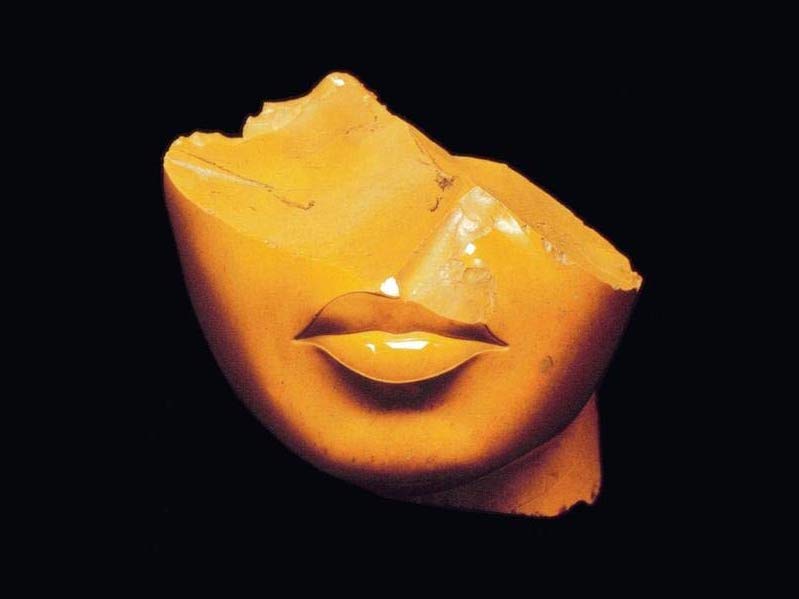Why Speak?
Nathaniel Bellows
W.W. Norton, $13.95 (cloth)
Nathaniel Bellows’s poetic debut opens with a return to pastoral childhood haunts, where the idyllic is tinged with violence, where “the air was sharp with blood and howls and struggle.” Bellows, who has a novelist’s ear for sturdy, rhythmic lines, writes with wide-eyed candor of both the marvelous and the grotesque. In “Removal,” a bathtub is lowered out of an old house, “dangling like a weighing calf. // We all cheered as it floated above us, cupping our hands / as the tiny feet came to rest in our palms.” Later, the three lost fisherman of “Plum Island” “wash up dyed blue as eggs, the rings // around their salted eyes, the moons beneath their nails / wear the deep bruise of sweet pitted fruit.” Carefully stitched together, sometimes with visible effort, these poems begin to ask if the past can ever be stable, since we are perpetually reconstituting our memories from the evidence at hand, be it art or music or the natural world. Bellows’s recollections are just as likely to be inspired by the paintings of Howard Pyle or Winslow Homer as by a drive into the countryside; across these found and created spaces the poet sketches a never-quite-coherent personal history punctuated by piano lessons and funerals and encounters with the human and animal form. For Bellows, the activity of memory is a bit like playing the piano blindfolded, as the speaker does in “Music Lessons”: “The notes, like swarms of bees I would pluck / from the air, replacing each in its comb, / my fingers thin and careful, piecing together the hive.” Something is always missing—a fact, an explanation, a person—so the search for past similarities and present echoes has no choice but to forage a way around the inexplicable.







